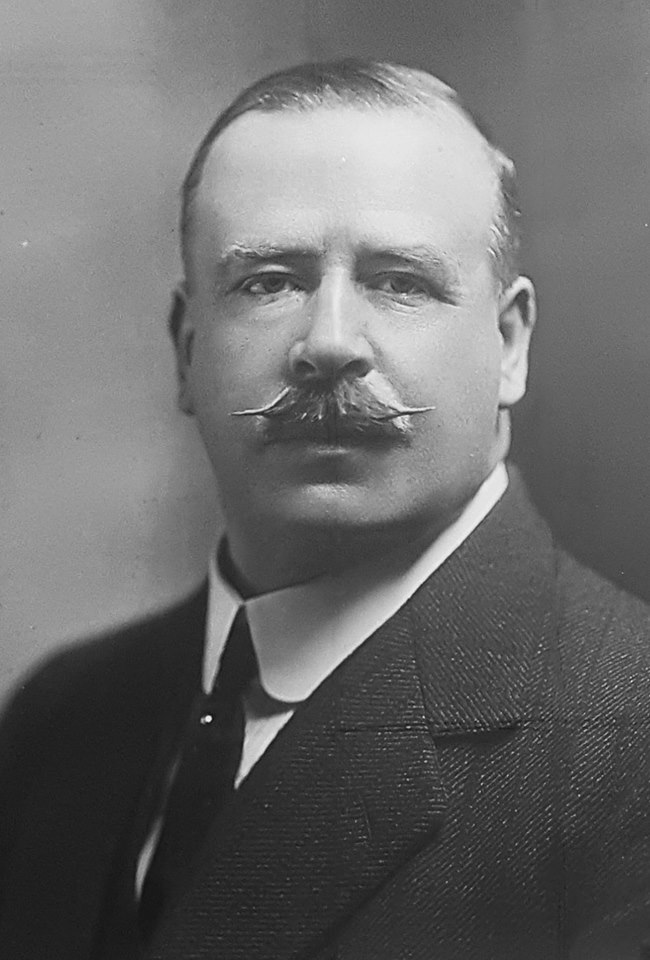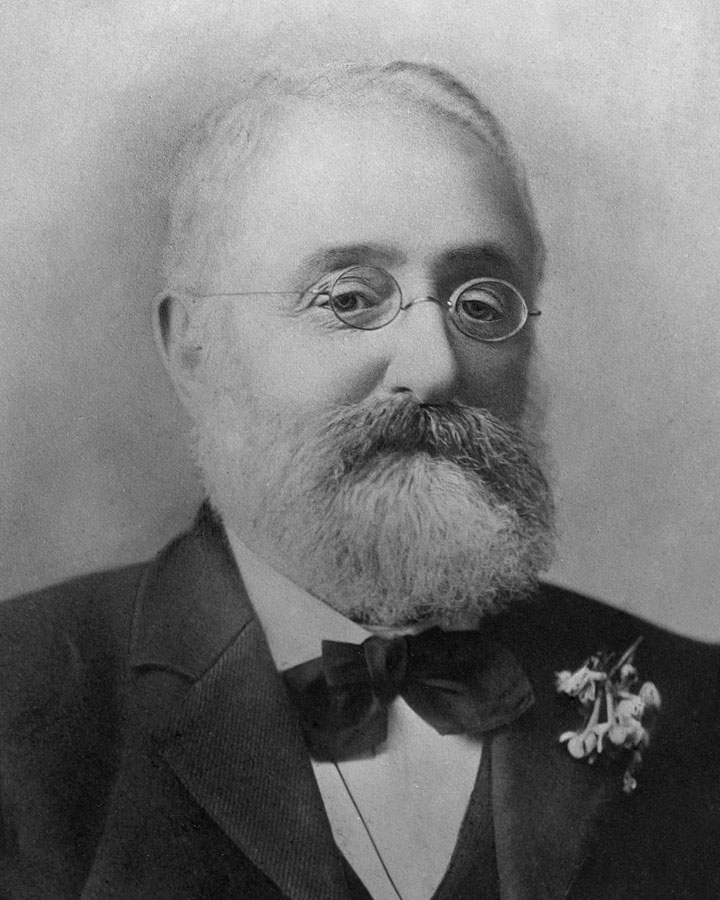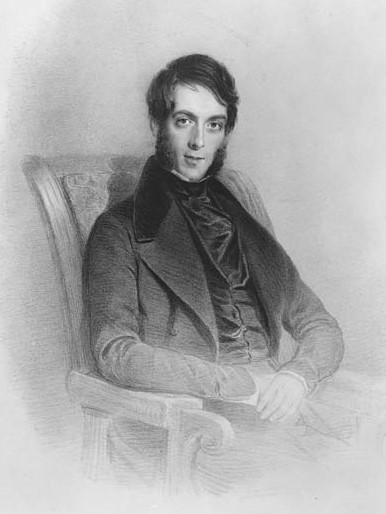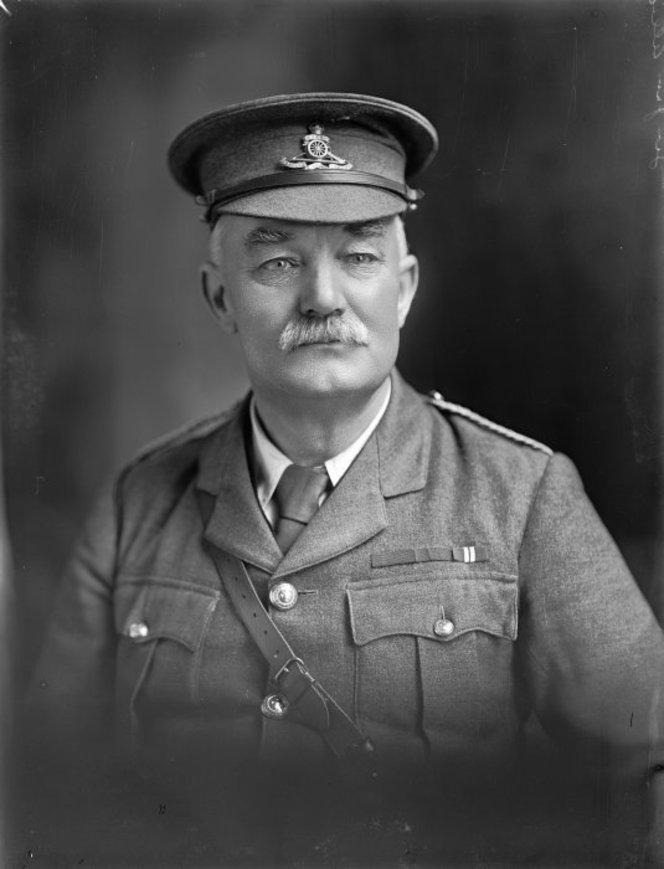|
1912 In New Zealand
The following lists events that happened during 1912 in New Zealand. The 1911 General Election, the first contested by the Reform Party, left parliament in an indeterminate state, with Reform holding 38 seats, Liberal 36, Labour 1 and with 5 independents. Liberal, who had been in government for the past 21 years, claimed that Reform did not have a mandate, since many of their seats were the smaller rural electorates, and the Liberals proceeded to form a government under Joseph Ward as per the previous two parliaments. Such were the loyalties of the independent members that votes were often deadlocked and dependent upon the casting vote of the Speaker. As a result, Joseph Ward resigned on 28 March, to be succeeded by agriculture minister Thomas Mackenzie. However, the government was defeated on the next occasion that parliament met, and the first Reform Government was formed under William Massey in July. Incumbents Regal and viceregal *Head of State - George V *Governor - Th ... [...More Info...] [...Related Items...] OR: [Wikipedia] [Google] [Baidu] |
1911 New Zealand General Election
The 1911 New Zealand general election was held on Thursday, 7 and 14 December in the general electorates, and on Tuesday, 19 December in the Māori electorates to elect a total of 80 MPs to the 18th session of the New Zealand Parliament. A total number of 590,042 (83.5%) voters turned out to vote. In two seats (Eastern Maori and Gisborne) there was only one candidate (not one seat, as in Wilson). Outcome The result was that the Liberal Party, which had won a majority of seats (50 of 80) in Parliament, lost 17 seats and its majority, winning only 33. The Reform Party gained 9 to obtain a plurality (37) of seats. , Elections.org Liberal Prime Minister |
Arthur Guinness (New Zealand Politician)
Sir Arthur Robert Guinness (11 January 1846 – 10 June 1913) was a New Zealand politician, and Speaker of the New Zealand House of Representatives, Speaker of the House of Representatives. Personal information He was born in Kolkata, Calcutta, India, son of Frank Guinness, who arrived at Lyttelton, New Zealand, Lyttelton by the ship ''Tory'' in August 1852. He was educated at Christ's College, Christchurch 1854–1859 (being no. 31 on the list). He received his legal education from Edward Harston and then from Francis James Garrick, Garrick and William Patten Cowlishaw, Cowlishaw, before being admitted to the bar in 1867. He then practised as a barrister and solicitor in Greymouth, where he served on the Westland Province, Westland Provincial Council from 1874 to 1876, and was then a member of the Grey County, New Zealand, Grey County Council from 1876 to 1890, including nine as its chair. Member of Parliament Guinness first stood for two-member Grey (New Zealand e ... [...More Info...] [...Related Items...] OR: [Wikipedia] [Google] [Baidu] |
John Joseph Dougall
John Joseph Dougall (1860 – 5 September 1934) was Mayor of Christchurch in 1911–1912. He was a solicitor by profession. In his later life, the Navy League was his main interest. Early life Dougall was born in Aberdeenshire in Scotland in 1860. He attended Greyfriars Parish School in Aberdeen. Mary Dougall (a dressmaker aged 35 or 25) came to New Zealand with John Dougall and his younger brother Alexander in 1871 on board the ship ''Merope''. The ship left Gravesend on the River Thames on 9 June and arrived in Lyttelton on 25 August. Dougall attended Mr Gee's School in Worcester Street, Christchurch Central City. Professional life Dougall started his training with Garrick, Cowlishaw and Co in 1876 or earlier. He was admitted as solicitor to the Supreme Court in 1896. Dougall and John Hazlitt Upham (the father of Charles Upham) had an office in 148 Worcester Street and acted as commissioners for the Australian States and South African colonies. In later life, he was one of ... [...More Info...] [...Related Items...] OR: [Wikipedia] [Google] [Baidu] |
Mayor Of Christchurch
The Mayor of Christchurch is the head of the municipal government of Christchurch, New Zealand, and presides over the Christchurch City Council. The mayor is directly elected using a First Past the Post electoral system. The current mayor, Phil Mauger, was elected in the 2022 mayoral election. The current deputy mayor is Pauline Cotter. Christchurch was initially governed by the chairman of the town council. In 1868, the chairman became the city council's first mayor as determined by his fellow city councillors. Since 1875, the mayor is elected by eligible voters and, after an uncontested election, the first election was held in the following year. History Chairmen of the Town Council Christchurch became a city by Royal charter on 31 July 1856; the first in New Zealand. Since 1862, chairmen were in charge of local government. Five chairmen presided in the initial years: Mayors of the City Council The town council held a meeting on 10 June 1868 to elect its first mayor. ... [...More Info...] [...Related Items...] OR: [Wikipedia] [Google] [Baidu] |
David McLaren (politician)
David McLaren (1872 – 3 November 1939) was a Mayor of Wellington and Member of Parliament in New Zealand. Early years Born in Glasgow, Scotland and an operative in the boot trade. He enjoyed the poetry of Robert Burns and was member of the Burns Club. On arriving in Wellington McLaren became involved in the Union movement seeking to improve the lot of lower paid workers. McLaren was Secretary of the Wellington Wharf Labourers Union in New Zealand. He was considered a moderate socialist. He was a member of the Wellington City Council for 11 years from 1901 to 1912 and was elected Mayor of Wellington from 1912 to 1913. McLaren was also member of the Hospital Board for 12 years. During World War I McLaren was appointed to the Military Service Board, and also served on the War Relief Association from its inception in 1914. At the end of the war he was appointed to the Influenza Epidemic Commission. Member of Parliament McLaren was one of nine candidates who contested the th ... [...More Info...] [...Related Items...] OR: [Wikipedia] [Google] [Baidu] |
Mayor Of Wellington
The Mayor of Wellington is the head of the municipal government of the City of Wellington. The mayor presides over the Wellington City Council. The mayor is directly elected using the Single Transferable Vote method of proportional representation. The current mayor is Tory Whanau, elected in October 2022 for a three-year-term. Whanau, a member of the Green Party who ran as an independent, won the 2022 Wellington mayoral election in a landslide. She will be inaugurated within the same month. Whanau is the first indigenous person, and therefore the first Māori woman, to ascend to the Wellington mayoralty. History The development of local government in Wellington was erratic. The first attempt to establish governmental institutions, the so-called " Wellington Republic", was short-lived and based on rules written by the New Zealand Company. Colonel William Wakefield was to be the first president. When the self-proclaimed government arrested a ship's captain for a violation of We ... [...More Info...] [...Related Items...] OR: [Wikipedia] [Google] [Baidu] |
James Parr (politician)
Sir Christopher James Parr (18 May 1869 – 2 May 1941) was a New Zealand lawyer and politician of the Reform Party. He was Mayor of Auckland, a Member of Parliament representing the Eden electorate, a Minister in the Reform Government, High Commissioner in London and a Member of the New Zealand Legislative Council. Early life Parr was born in Pukerimu near Cambridge in 1869. Political career Parr was Mayor of Auckland from 1911 to 1915, succeeded by Sir James Gunson. He represented the electorate of Eden from 1914 to 1926. He was Minister of Education (3 April 1920 – 24 April 1926) in three successive ministries of the Reform Government. He was Minister of Public Health (3 April 1920 – 27 June 1923) under William Massey. He was Minister of Justice (27 June 1923 – 18 January 1926) under Massey, Francis Bell and Gordon Coates. He was Postmaster General and Minister of Telegraphs (30 May 1925 – 24 April 1926) under Coates. On 11 March 1926, he opened the ... [...More Info...] [...Related Items...] OR: [Wikipedia] [Google] [Baidu] |
Mayor Of Auckland City
The Mayor of Auckland City was the directly elected head of the Auckland City Council, the municipal government of Auckland City, New Zealand. The office existed from 1871 to 2010, when the Auckland City Council and mayoralty was abolished and replaced with the Auckland Council and the Mayor of Auckland. History Auckland obtained its first local government in 1851, when the Borough of Auckland was created, covering an area of . This short-lived entity, which existed for about one year, had only one mayor, Archibald Clark. When the City of Auckland was formally incorporated in 1871, it covered a much smaller area of . Its municipal council was led by a chairman, Walter Lee. Soon afterwards the office of Mayor of Auckland was created. At first, the mayor was elected by the councillors. In 1875, Benjamin Tonks was the first mayor elected at large, i.e. by the ratepayers. There were 39 holders of the position. The longest-serving was Sir Dove-Myer Robinson, who held the post f ... [...More Info...] [...Related Items...] OR: [Wikipedia] [Google] [Baidu] |
Leader Of The Opposition (New Zealand)
In New Zealand, the Leader of the Opposition (or Opposition leader) is a senior politician who leads the Official Opposition. The Leader of the Opposition is, by convention, the leader of the largest political party in the House of Representatives that is not in government (nor provides confidence and supply). This is usually the parliamentary leader of the second-largest caucus in the House of Representatives. When in the debating chamber the Opposition leader sits on the left-hand side of the centre table, in front of the Opposition and opposite the prime minister. The role of the leader of the Opposition dates to the late 19th century, with the first political parties, and the office was formally recognised by statute in 1933. Although currently mentioned in a number of statutes, the office is not established by any Act (nor is that of the prime minister); it is simply a product of the conventions of the Westminster-style parliamentary system. The leader of the Opposit ... [...More Info...] [...Related Items...] OR: [Wikipedia] [Google] [Baidu] |
Robert Stout
Sir Robert Stout (28 September 1844 – 19 July 1930) was a New Zealand politician who was the 13th premier of New Zealand on two occasions in the late 19th century, and later Chief Justice of New Zealand. He was the only person to hold both these offices. He was noted for his support of liberal causes such as women's suffrage, and for his strong belief that philosophy and theory should always triumph over political expediency. Early life Born in the town of Lerwick in Scotland's Shetland Islands, Stout retained a strong attachment to the Shetland Islands throughout his life. He received a good education and eventually qualified as a teacher. He also qualified as a surveyor in 1860. He became highly interested in politics through his extended family, which often met to discuss and debate political issues of the day. Stout was exposed to many different political philosophies during his youth. In 1863, Stout emigrated to Dunedin, New Zealand. Once there, he quickly became in ... [...More Info...] [...Related Items...] OR: [Wikipedia] [Google] [Baidu] |
Chief Justice Of New Zealand
The chief justice of New Zealand ( mi, Te Kaiwhakawā Tumuaki o Aotearoa) is the head of the New Zealand judiciary, and presides over the Supreme Court of New Zealand. The chief justice of New Zealand is also the chief justice of Tokelau. Before the establishment of the Supreme Court in 2004, the chief justice was the presiding judge in the High Court of New Zealand, and was also ''ex officio'' a member of the Court of Appeal of New Zealand. The office is established by the Senior Courts Act 2016, which describes the chief justice as "senior to all other judges". The chief justice is first among equals among the Judges of the Supreme Court. They also act in place of the governor-general if one has not been appointed or if the appointee is unable to perform their duties. When acting in place of the governor-general, the chief justice is known as the "administrator of the Government". The chief justice is appointed by the governor-general, on the formal advice of the prime mini ... [...More Info...] [...Related Items...] OR: [Wikipedia] [Google] [Baidu] |
James Allen (New Zealand Politician)
Sir James Allen (10 February 1855 – 28 July 1942) was a prominent New Zealand politician and diplomat. He held a number of the most important political offices in the country, including Minister of Finance and Minister of Foreign Affairs. He was also New Zealand's Minister of Defence during World War I. Early life Allen was born in Adelaide, Australia. After his mother's early death, his father took him to Dunedin, New Zealand, where the family resided for several years. In either 1861 or 1862, however, Allen and his brother were given into the care of an uncle in Somerset, England. Shortly afterwards, Allen's father also died, leaving him an orphan. Despite this rather turbulent beginning to his life, Allen made a good start. After first attending Clifton College in Bristol (having won a scholarship to do so), he gained admittance to St John's College at Cambridge University. He graduated with a BA in 1877. Shortly afterwards, Allen decided to return to Dunedin, where he ... [...More Info...] [...Related Items...] OR: [Wikipedia] [Google] [Baidu] |


.jpg)





